Standford's class on iPhone development captured attention last fall when it was still uncertain how well Apple would tolerate any external discussion of development details related its mobile platform then entirely covered by a broad Nondisclosure Agreement.
Since then, Apple has relaxed its position as the iPhone has taken off commercially and after the company successfully patented a variety of key unique inventions related to its development platform.
Stanford's second iPhone class generated new attention after the university promised to publish it to the public as a free podcast using Apple's iTunes U, which itself is only two years old.
Some pundits expressed doubts about whether iTunes would support iPhone popularity to the same degree as it had for iPod sales, at least up until the iTunes App Store opened and began generating mobile software sales at a blistering rate.
Apple has served over a billion applications to iPhone and iPod touch users within the first nine months of the App Store, compared to the two years it took to serve the first billion songs to iPod users. In both cases, Apple was largely marketing third party products for a minimal cut to support store operations, seeking to fuel hardware demand with content rather than trying to profit on software sales.
Even so, the company has still earned profits on the transactions, which have been used to fund new developments in the iTunes Store and in iTunes itself, including support for podcasting, something that does not directly profit the company.
iTunes U is an example of this investment in podcasting. Apple has also developed podcasting support in GarageBand and markets the Podcast Producer feature of Mac OS X Server to universities and companies as a way to efficiently produce educational content, which can then be published through iTunes.
This has resulted in a tight ecosystem where universities are using Apple's podcasting tools to generate iTunes U content about developing for the iPhone, and students are using the iPhone to download this free content in order to learn about mobile development and profit from their education by writing new iPhone apps to be sold in the iTunes App Store.
 Prince McLean
Prince McLean
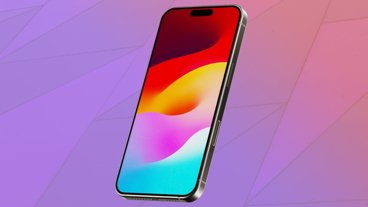
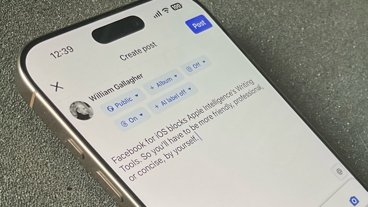



-m.jpg)






 Charles Martin
Charles Martin
 Marko Zivkovic
Marko Zivkovic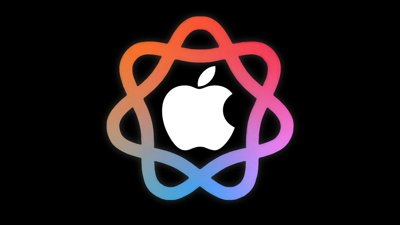
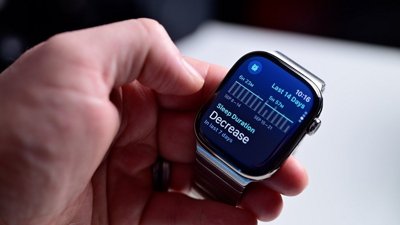
 Malcolm Owen
Malcolm Owen
 William Gallagher
William Gallagher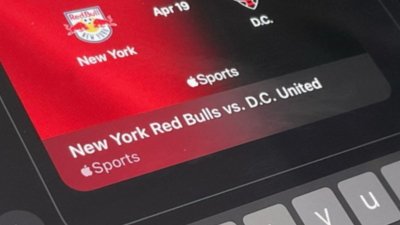
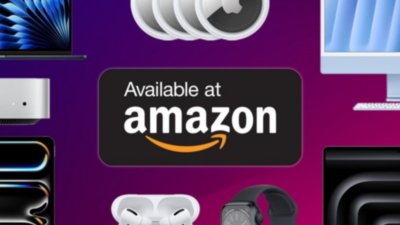
 Christine McKee
Christine McKee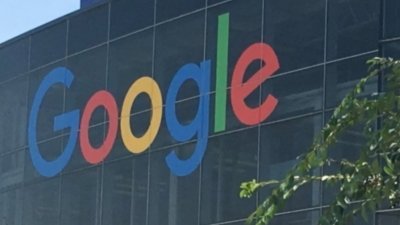





-m.jpg)




15 Comments
Following it myself. Highly recommended.
The great thing about iPhone programming is that its a relatively easier subset of Mac programming and should encourage many more developers to give it a try.
I have 3.0 from friend, real copy not some torrent. Anyway I am not a developer but I do have some great game ideas if someone wants to PM me. It's a game that wouldnsell in the millions. First person shooter. That's all I'll say for now.
Peace.
Following it myself. Highly recommended.
The great thing about iPhone programming is that its a relatively easier subset of Mac programming and should encourage many more developers to give it a try.
I've been thrilled to be able to "attend" a Stanford lecture on Modern Theoretical Physics. It's an incredible opportunity, and I'm still a little bit amazed I can get it for free.
iTunes direct link
for those interested in the video podcast.
Thing about the iPhone is that it's easy to write an app. Problem is that it's hard to write a great app.
Probably the one thing people forget is that design really matters. In fact, I was watching one of the videos from the SDK event Apple had (if you're a Registered iPhone Developer, make sure to check out the links on the dev portal), and the video on design is INCREDIBLY important. Namely, you should have spent a SHITLOAD of time working on an app's design before you've even bothered to think of writing one line of code. Forgoing this step just leads to numerous headaches.